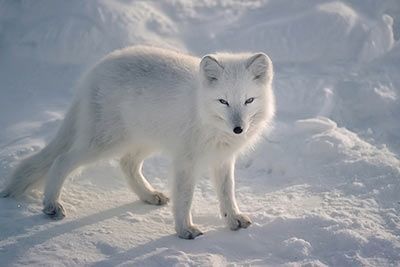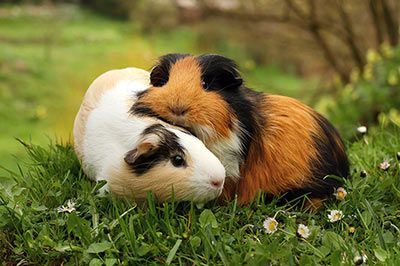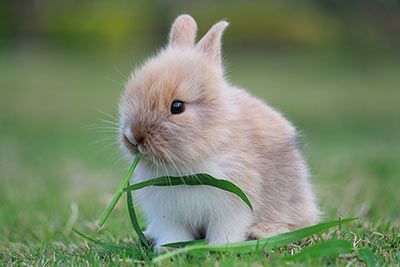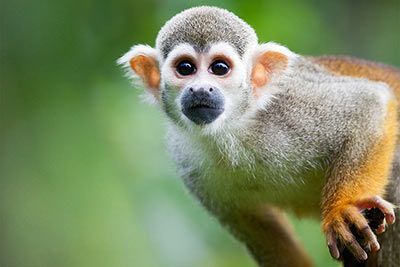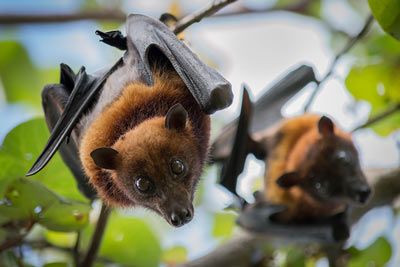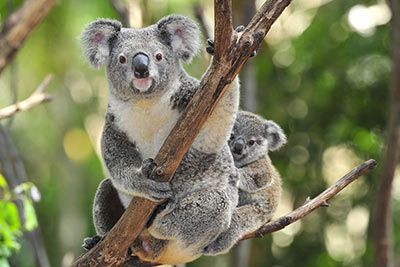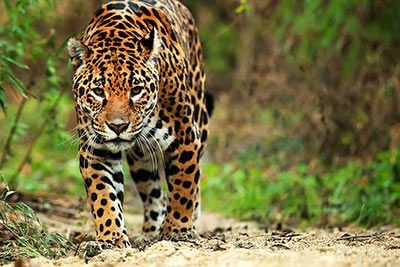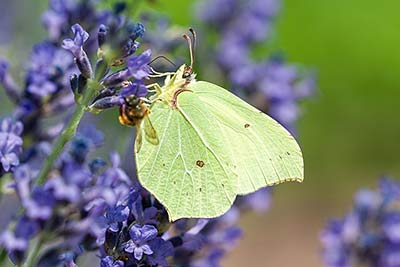Badger
European Badger Facts
| Size | 24-35 in (60-90 cm) (body); 4-7 in (11-18 cm) (tail), 9-11 in (25-30 cm) (at shoulder) |
| Speed | 15-18 mph (25-30 km/h) |
| Weight | 15-30 lbs (7-14 kg) |
| Lifespan | 6-14 years |
| Food | Earthworms, insects, plants, small vertebrates |
| Predators | Wolf, lynx, brown bear, eagle, owl |
| Distribution | Europe, Asia |
| Habitat | Forest, Hedge |
| Order | Carnivores |
| Family | Mustelids |
| Scientific name | Meles meles |
| Characteristics | Black and white head, wedge-shaped body |
Main Characteristics
European Badgers are nocturnal predators. They’re part of the mustelid family, which also includes weasels, ferrets and otters. There are five species: the European, Asiatic, Japanese, Transcaucasian and hog badger. This factsheet primarily covers the European badger. In Europe, it’s the second largest member of the weasel family after the wolverine. The European badger prefers hilly forests as a habitat.
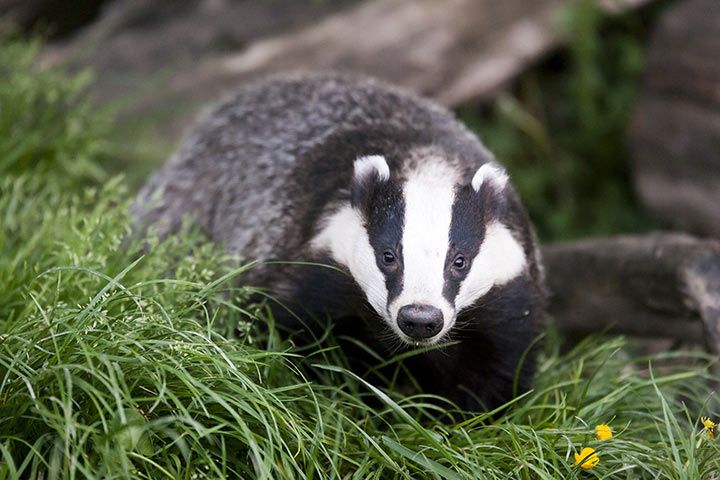
Anatomy and Appearance
The European badger has a very characteristic look: the fur on its head has wide black and white stripes, while the rest of its body is gray apart from its belly and paws, which are black. It has a triangular head, a long snout, a wide body and short, stocky legs. It has claws on its wide paws that curl upwards. The ones on its front paws are twice as long as those on its back paws.
Life Style
Are badgers solitary animals? No. European badgers live in small groups, commonly made up of six to eight adults. Their territory spreads over 30 to 150 hectares (42 to 210 soccer fields).
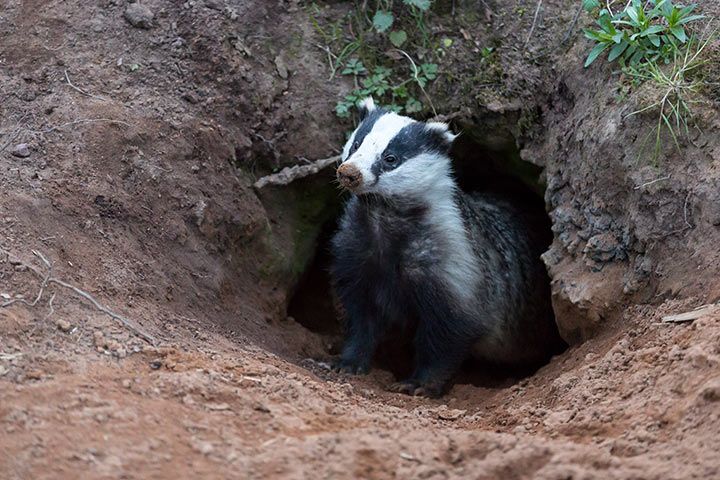
Diet
European badgers are omnivores. They like earthworms, insects and small mammals best. In summer and fall, they also eat crops and berries.
Behavior
Hibernation
European badgers hibernate in cold regions. To prepare for this, they eat enough between summer and fall to make sure they have plentiful fat reserves. Instead of 15 to 30 pounds (7-14 kg), they weigh 33 to 37 pounds (15-17 kg).
Senses and Abilities
Sense of Sight, Smell and Hearing
European badgers’ sense of hearing is good but not as good as other animals, such as foxes. Badgers can’t see particularly well, especially not when it comes to colors. But their sense of smell is excellent: it’s actually their most important sense.
Badger Sett
European Badgers are very good at digging. They use their powerful paws to create extensive winding tunnel systems under the ground. For a sett, they mostly look for a southern slope that is warmed by the sun.
They Are "House-Trained"
European Badgers are very conscious about cleanliness in their setts: they never bring food in, and they only ever do their business outdoors. They regularly refresh rooms with new leaves, moss, straw and grass. By the way: badgers and foxes often share one home.
The Biggest Sett
A particularly large sett made it into the Guinness Book of World Records: it had 50 rooms, 178 entrances and exits, and tunnels totaling 2880 feet (879 meters) in length.
The Oldest Sett
Often, setts are inhabited by generations over decades. In Malchin (Mecklenburg-Western Pomerania, Germany), an European badger sett was discovered in 1968 that was estimated to be in use for 10,000 years!
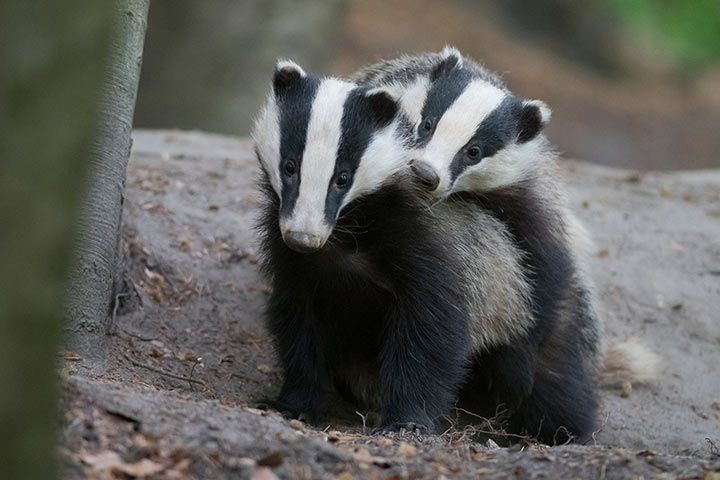
Enemies and Threats
European Badgers have almost no natural enemies as they are very good at protecting themselves. If they feel threatened, they get very wild and aggressive, which sends most attackers running. Wolves, lynx, brown bears, eagles and owls can pose a danger to them. Their biggest adversary is humans, as they are hunted with traps. They are also farmed (mostly in poor conditions) so that their hair can be used for brushes or their fat used in cosmetics.
Fun Facts
Not All Badgers Are Badgers
There are more animals in the mustelid family that carry the name “badger” but that aren’t “real” badgers: the American badger, honey badger, ferret badger and stink badger (actually a skunk).
Fairytales
In some old fairytales and fables, badgers are called Master Brock.
Harry Potter
In Harry Potter, the badger is the mascot of the house of Hufflepuff at Hogwarts.
The Badger Is Related To:
Animals in the Same Biome:
- Eurasian Jay
- Eagle Owl
- Great Spotted Woodpecker
- Hedgehog
- Mole
- Raccoon
- Rabbit
- Red Squirrel
- Red Fox
- Shrew
- Find Out More:
- Animals of the Forest
- Watch Now on animalfunfacts.net:
 All About Hibernation
All About Hibernation













